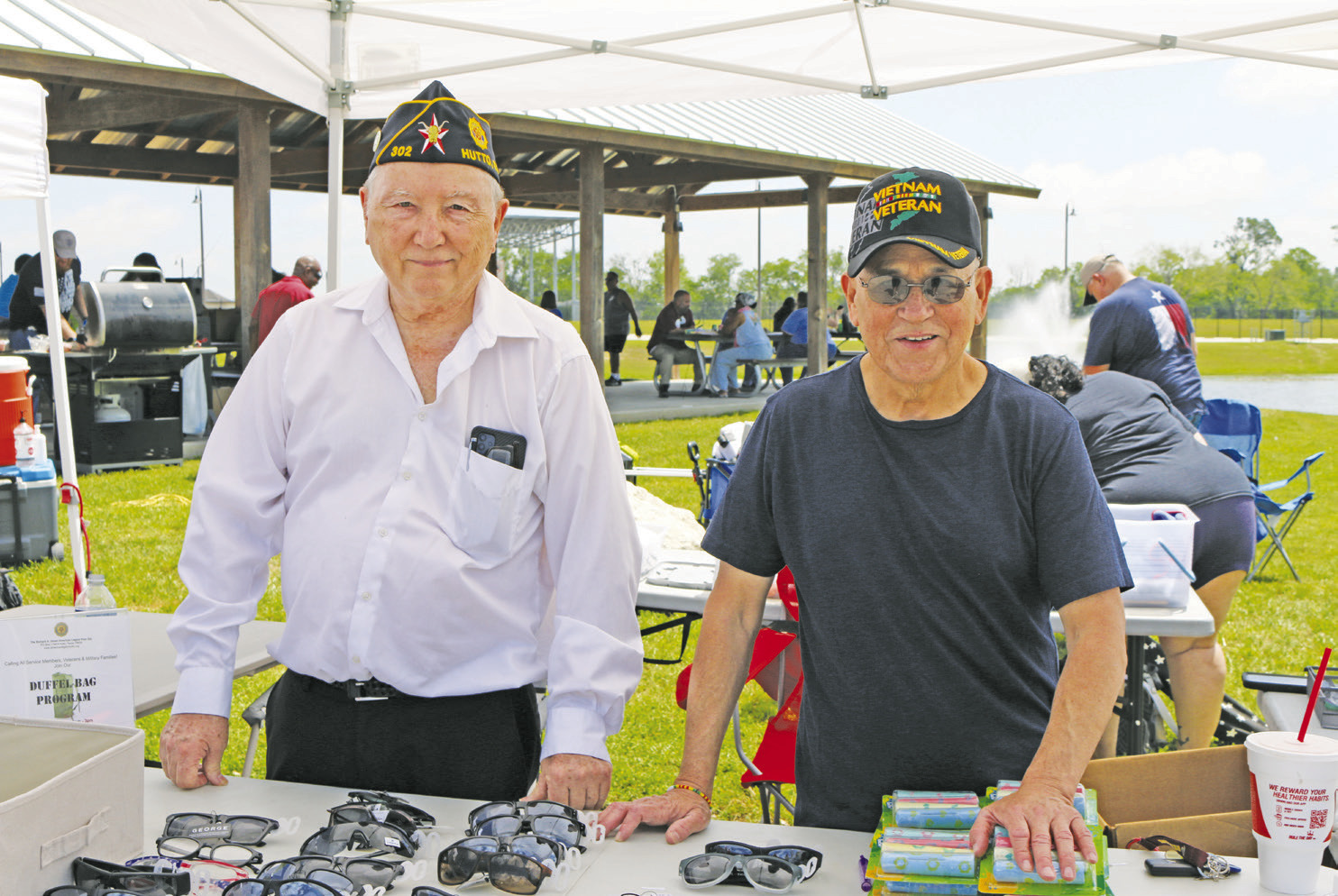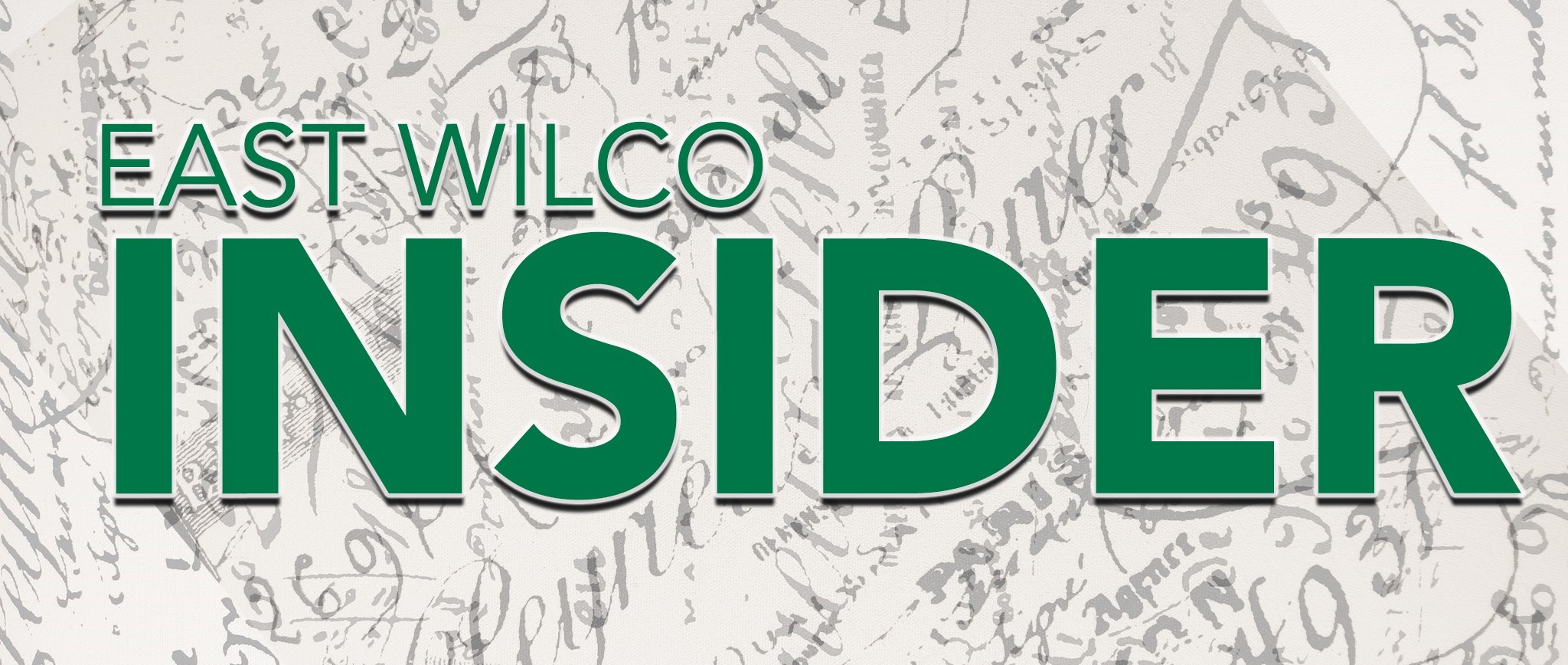COVER STORY
EDIE ZUVANICH
Memorial Day – known by many as the start of the summer season – is the day when the country honors those who died serving in the United States military.
Memorial Day will be observed on Monday, May 29.
While the holiday was intended to remember those who paid the ultimate sacrifice, those who survived can find themselves feeling forgotten in the hell of post traumatic stress disorder, fighting a new battle to adjust back to civilian life, according to many former service members.
“I’ve been in anger management eight times since I retired,” said Will Williams, a retired Army Ranger 1st sergeant and founder of the nonprofit Share The Will. “Coming out of the military, it’s such a structured life. It’s hard for veterans to realize what’s important in civilian life because things that are important in the military are so different.”
That difficulty acclimating can have tragic results. According to the Department of Veterans Affairs, nearly 10 Texas veterans die by suicide every week. While that is significantly higher than in the general population, it is about the same as the national veteran suicide rate.
The VA cites depression caused by PTSD and alienation as main causes.
Texas has the second highest population of veterans in the country. The census estimates in 2021 there were 38,122 discharged service members living in Williamson County, with 1,033 in Taylor and 1,799 in Hutto.
Taylor and Hutto both host active American Legion Posts, places where service members can find comrades and even assistance.
American Legion Graham D. Luhn Post 39, 1310 Sycamore St. in Taylor, was established in 1919. It is named for the first Taylor soldier to die in World War I.
Dan Moody, Texas’ 30th governor and a Taylor native, was the first post commander.
“We’re devoted to mutual helpfulness,” said Commander Scott Dean. “We provide assistance as needed. We have a dedicated chaplain and service officer. We’re a conduit for resources for veterans who are in need.”
Dean said the post is highly active in Taylor, working with the city and schools, not just veterans. It gives vets an opportunity to be out in public serving others.
Post 39 sponsors the annual Taylor July Fourth fireworks show, offers annual scholarships, sponsors students to attend the American Legion state camp for civic leadership, holds a Veterans Day breakfast, a beer run, and provides food and other donations to local charitable organizations, among many other activities.
“There’s a core group of Legionnaires who are very active in the community,” said Michele Smith, whose husband Keith is a member of Post 39. She is working to start an American Legion Auxiliary club, which would support the post’s projects and events.
“We’re actively looking for members to help the post do more,” Smith said.
In Hutto, the American Legion Richard A. Oman Post 302, 636 W. Front St., Suite 1100, is also named after a local soldier who died serving America’s interests. And like the Taylor Post, Hutto’s American Legion Post is focused on former service members working to better their community.
Post Commander Ed Winkle said the organization provides items they collect to homeless shelters, senior centers and other places that can use donations of food and household goods. They have given bicycles to Hutto schools and will be providing three scholarships this year.
They also sponsor students to the American Legion state camp, and are active in local charity events in addition to helping vets.
“We have a duffle-bag event every month where veterans can show up and fill their bag with food and household necessities donated to us by retailers,” Winkle said. “We help veterans get the resources and referrals they need to community services. Recently there was a house fire and right now we’re helping the veterans who lived there with things they need.”

Yet even with safety nets provided by organizations such as the American Legion and local Veterans of Foreign Wars, military members re-entering civilian life often face an uphill battle.
Williams said in his first civilian job he ran into conflicts because a coworker complained Williams’ office was 1 foot larger than the coworker’s.
“In the military you worry about where your soldiers are going to sleep, where your soldiers can get food,” Williams said. “In civilian life you worry about 1 foot of office space and that’s hard to adjust to, hard for a veteran to realize what’s going on.”
Williams said civilians can have misgivings about military members because of a misunderstanding about PTSD and depression, which can add to the problems.
“I remember when I first started looking for a job and I would put ‘Ranger’ on my resume. People thought I was going to walk in their office and freak out and kill everybody in the place, so I had to take it off my resume in order to get hired,” Williams said.
Angela Warner served in the Army as a combat medic. She says PTSD kept her from socializing at work.
“I isolated myself,” she said. “I’m medically retired due to PTSD. I’ve been alone a lot.”
Warner says that she found help from the legion post in Hutto.
“The American Legion has helped me a lot with socializing. I’ve kind of opened up a lot and now I say the prayers at meetings. They helped me start speaking again, so I’m becoming more socialized,” she said.
Williams said that in his experience, fellowship with other vets is an effective way to deal with PTSD. His organization has 200 veteran members, all of whom he said suffer from the disorder.
“The best therapy you can do for PTSD is to get involved,” the former soldier said. “Because when you start helping others you don’t have time to feel sorry for yourself. So that’s what we do. At Thanksgiving we served 3,000 meals. At Christmas, we gave out 14,000 toys. Vets come out and just help do anything.”
Melissa Sosa, a Persian Gulf veteran who served in Iraq and Afghanistan, also said getting veterans to connect with others is a good first step.
She is the first vice commander of the Hutto Post 302 and also the secretary for an organization called O.P. Veteran. The O.P. stands for observation post.
“The purpose for O.P. Vets is to help veterans reacclimate and readjust back into becoming a civilian again because the military is very good at teaching you how to be in the military but it doesn’t teach you exactly how to come back out and be a human being again,” she said.
Sosa said her PTSD wasn’t noticeable when she first mustered out of the service.
“We don’t always encounter it right away. I think mine came years after where I found myself struggling with things I’d come across in my past and unable to cope,” she said. “That’s why O.P. Vets and other organizations like that are really trying to put our names out there because it’s true. You’re not alone. But sometimes you just don’t know where to reach out to and what to do.”
Local veterans should not have to feel alone; however, not all of their problems can be solved with camaraderie and compassion. Traditional anti-anxiety and depression medications have not shown a high rate of success, according to data from the VA.
In 2018, the Legislature passed House Bill 1802, paving the way for new studies on a promising therapy for veterans: psychedelics including psilocybin from mushrooms.
In 2021, the Dell Medical School at the University of Texas at Austin launched The Center for Psychedelic Research and Therapy, which began with research on veterans with PTSD and adults with prolonged grief disorder or trauma.
While help may be on the horizon, until the new research is able to provide better medical options, local veterans are encouraged to reach out to the resources available in the community.
“We have suicide prevention as part of our mission. Last year we got over 50 calls. We haven’t lost anybody. When a veteran calls we go to his house and have coffee with him and we’ll listen. We just want to help. So call us. Don’t hesitate,” Williams said. “And we always need volunteers.”







Comment
Comments